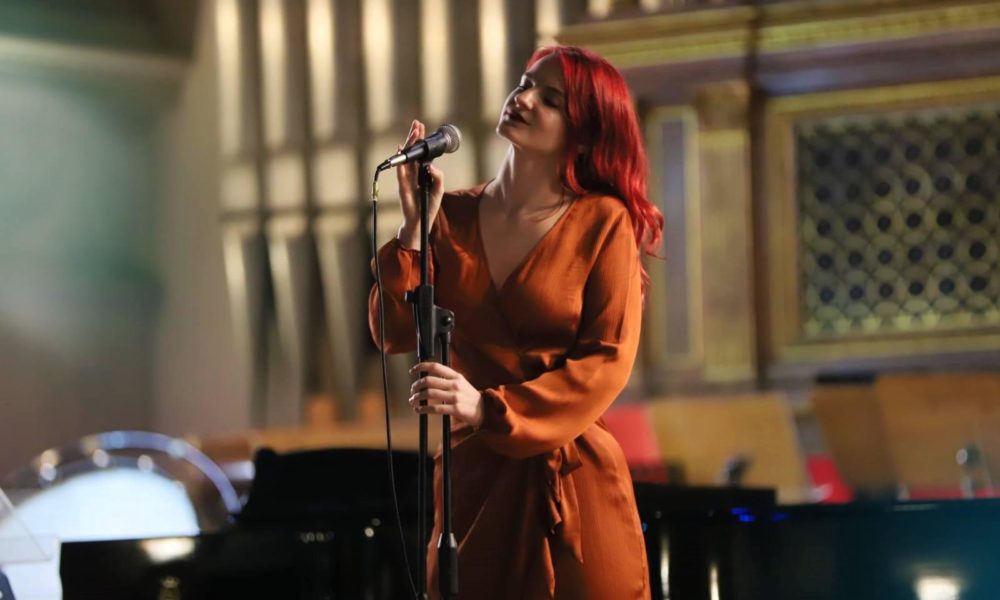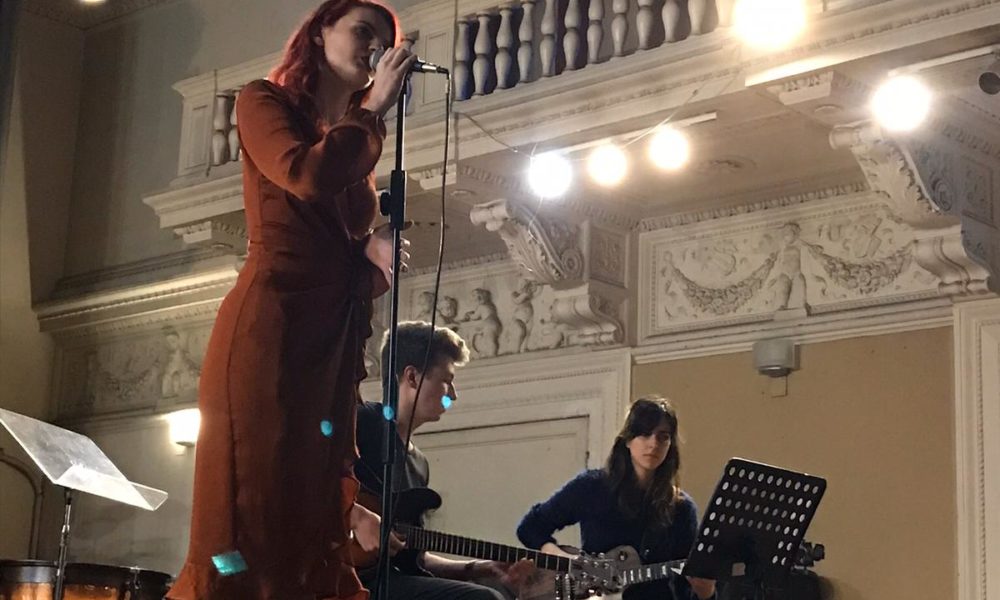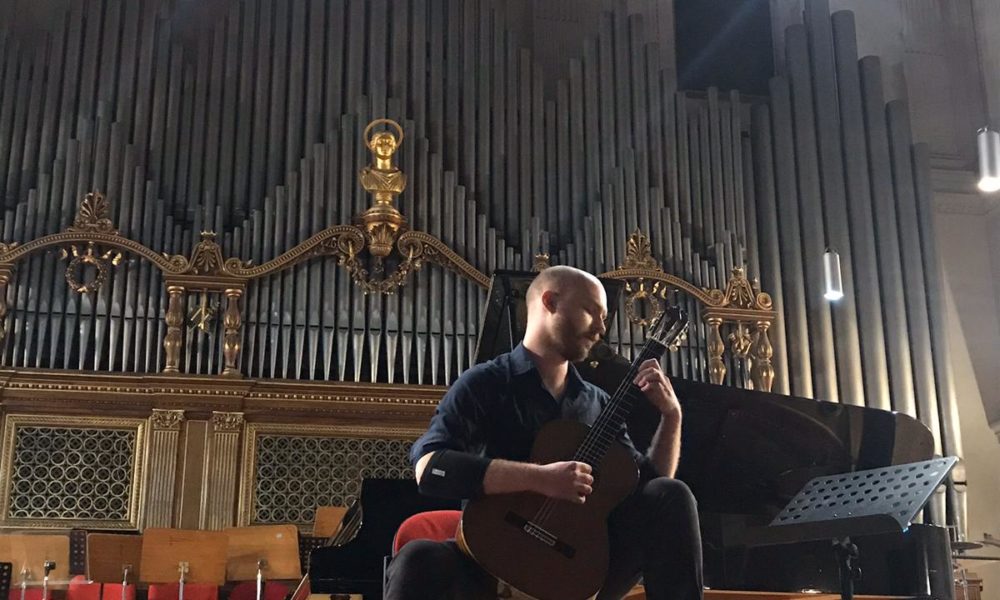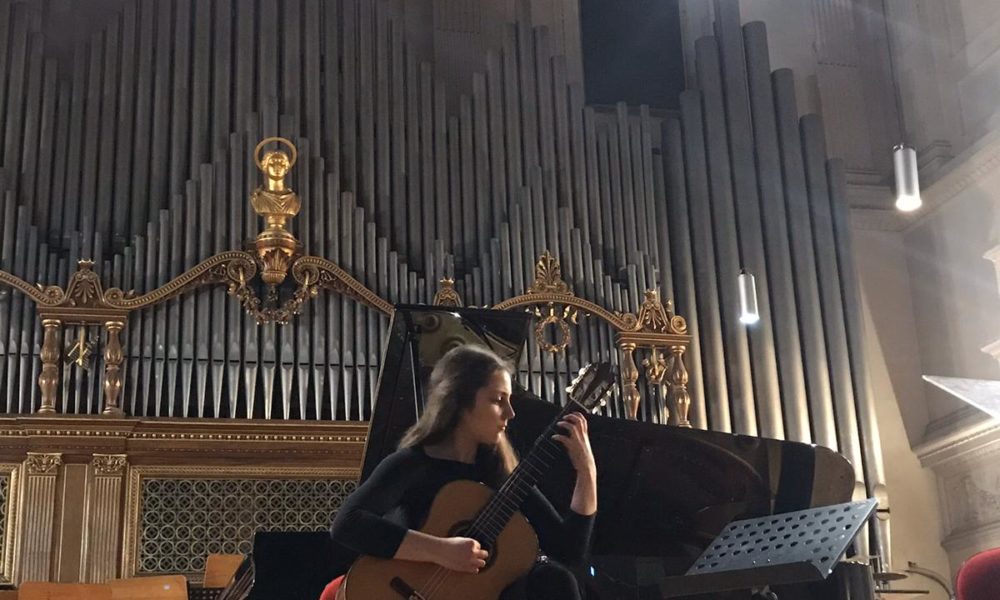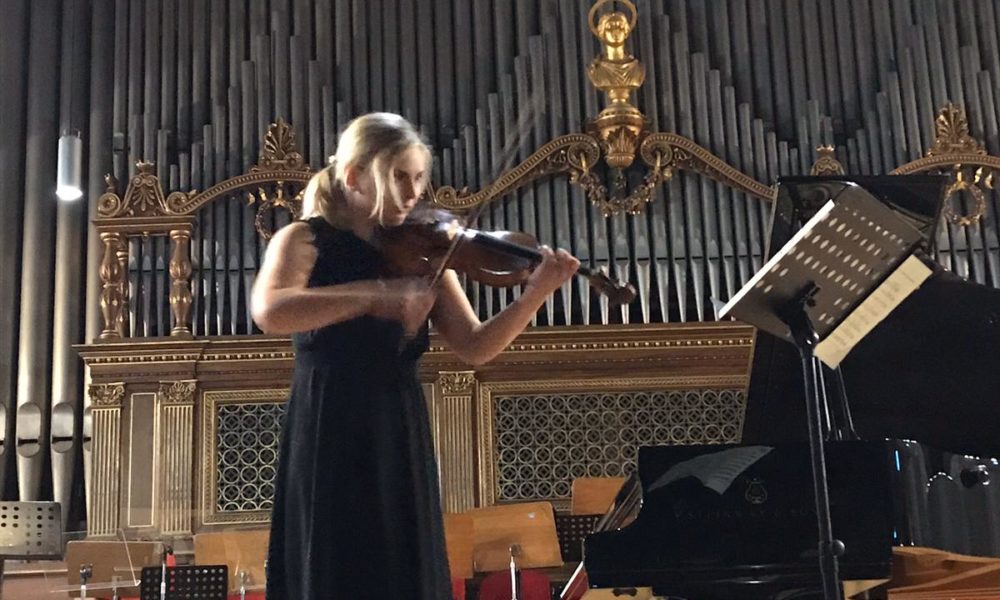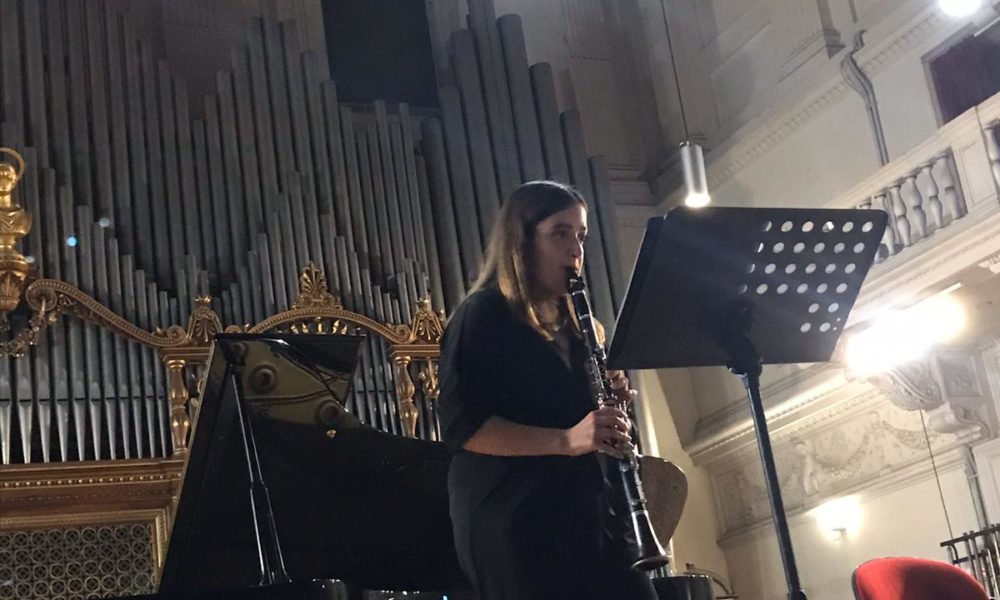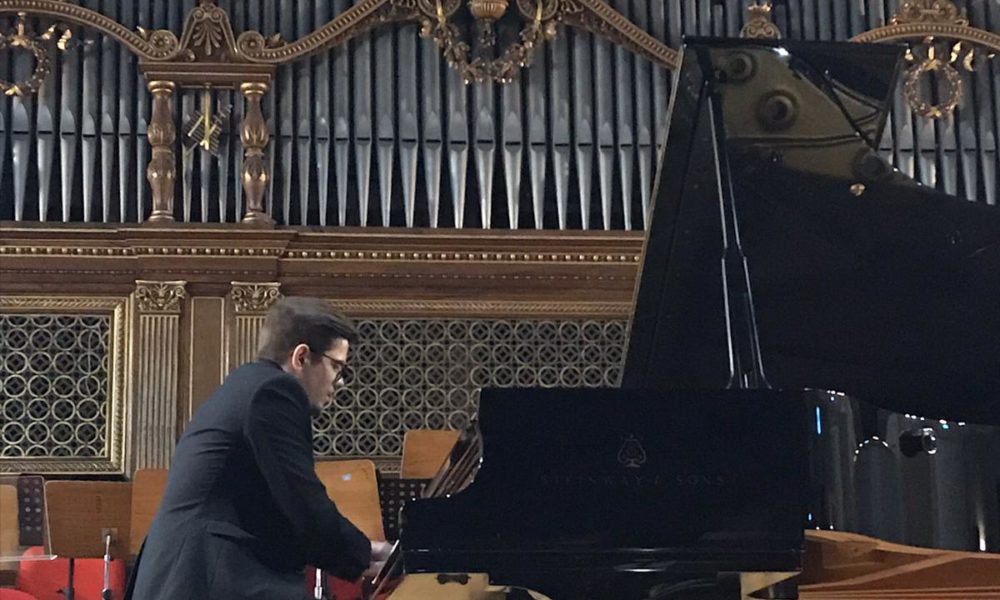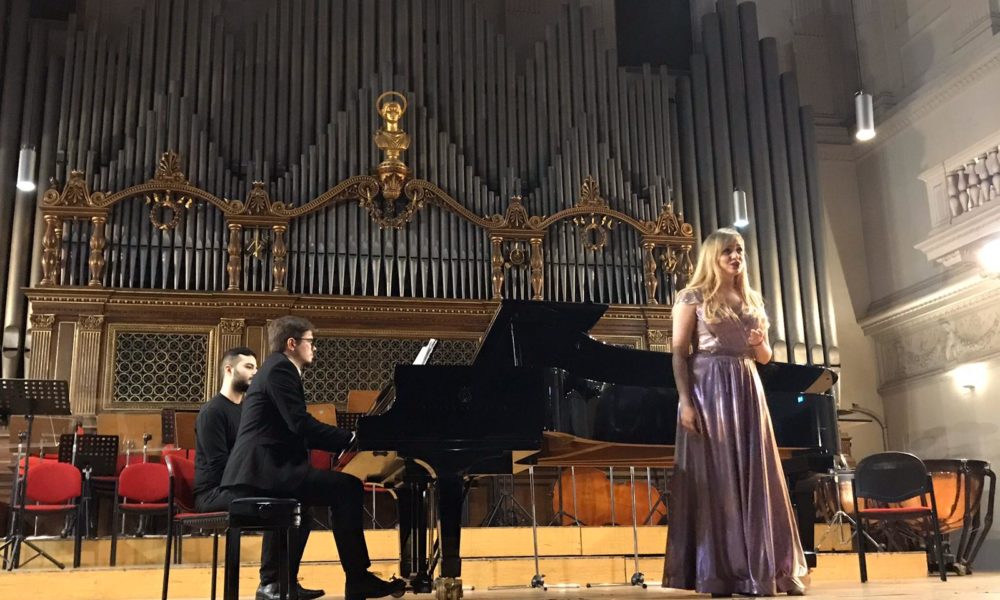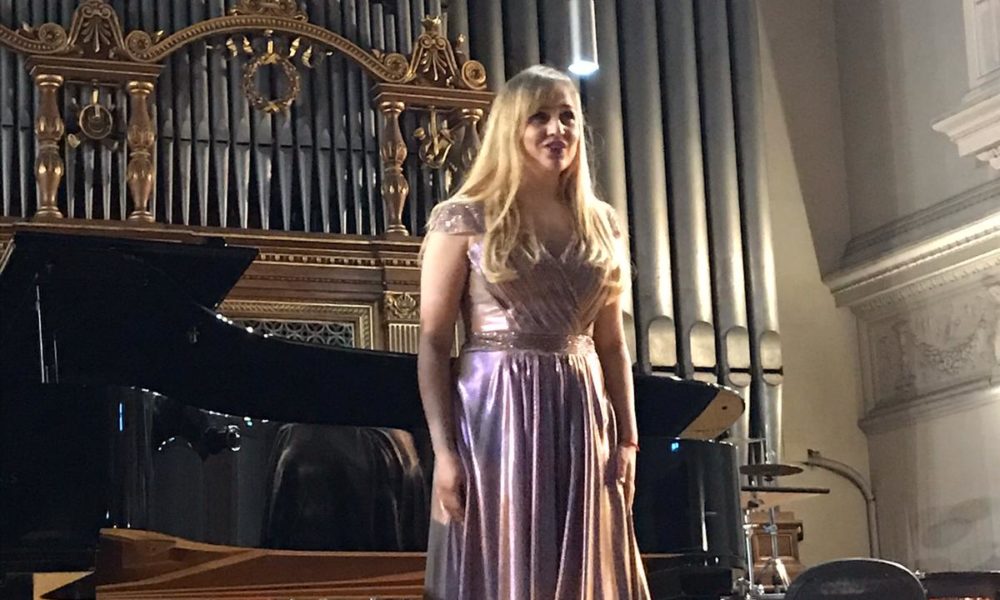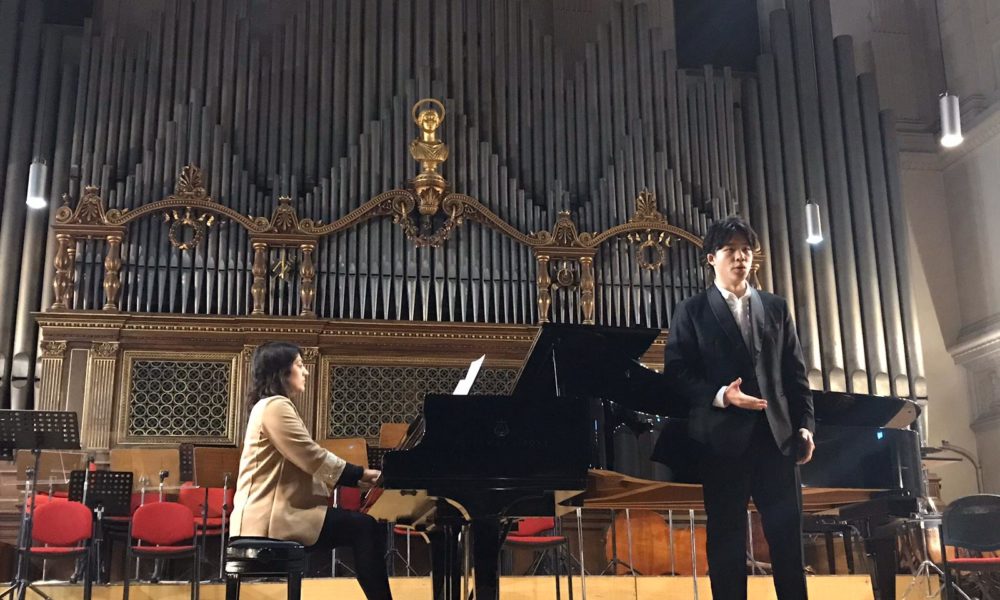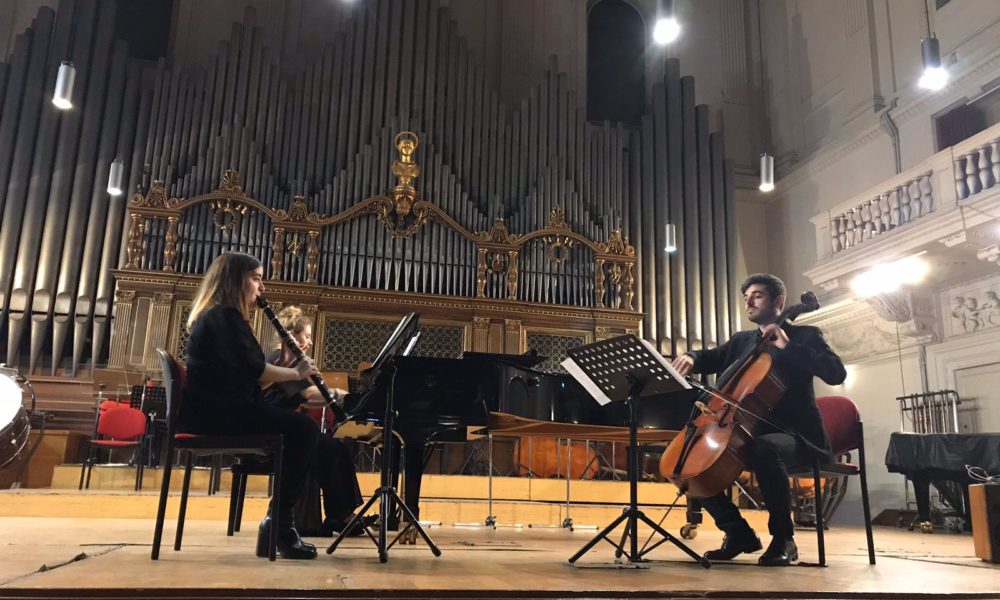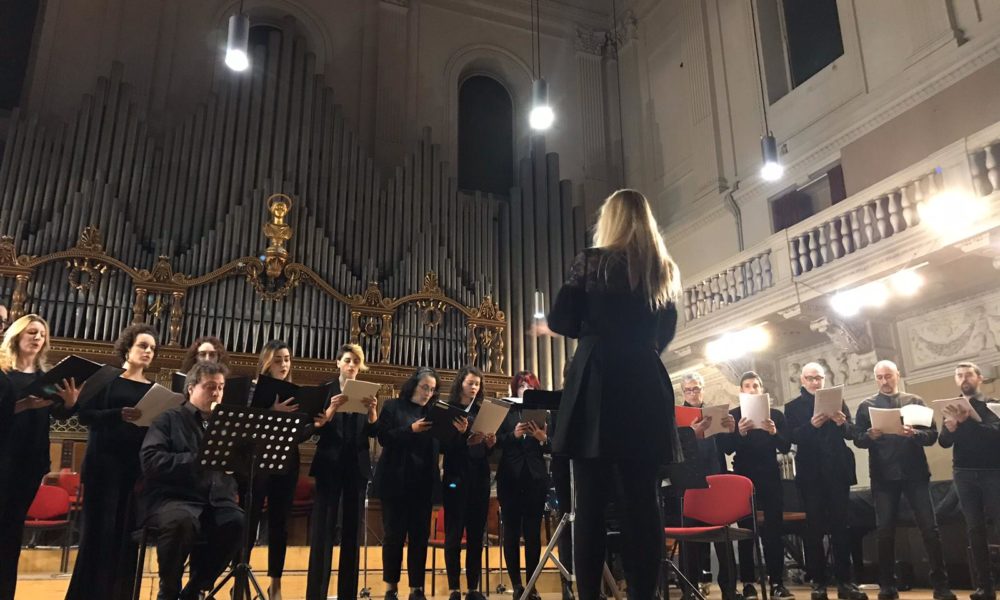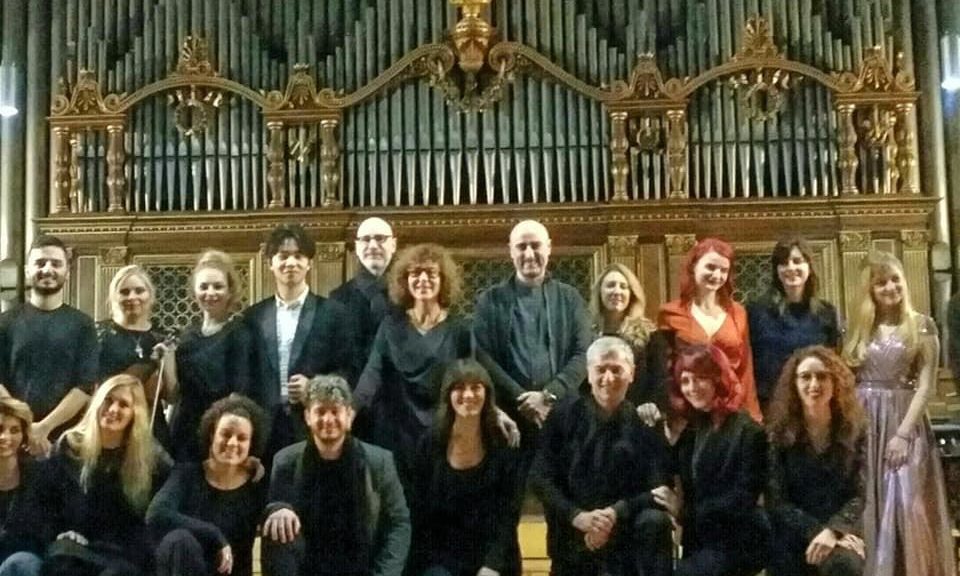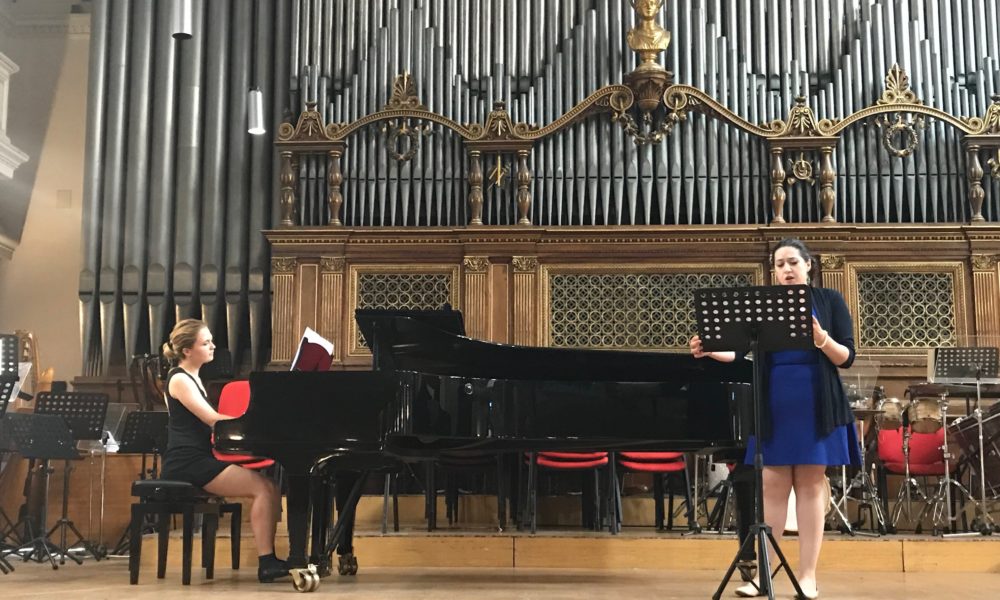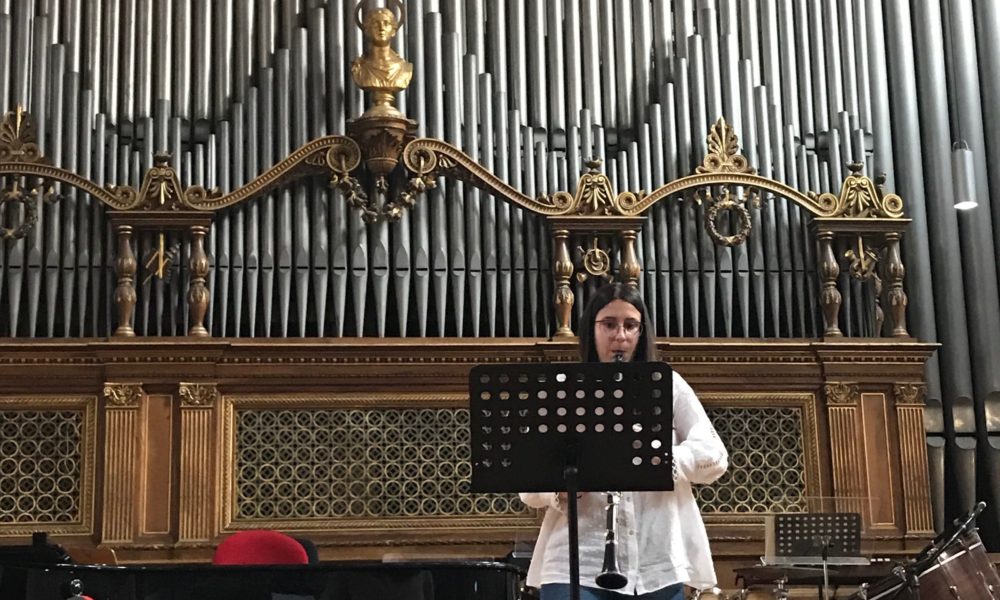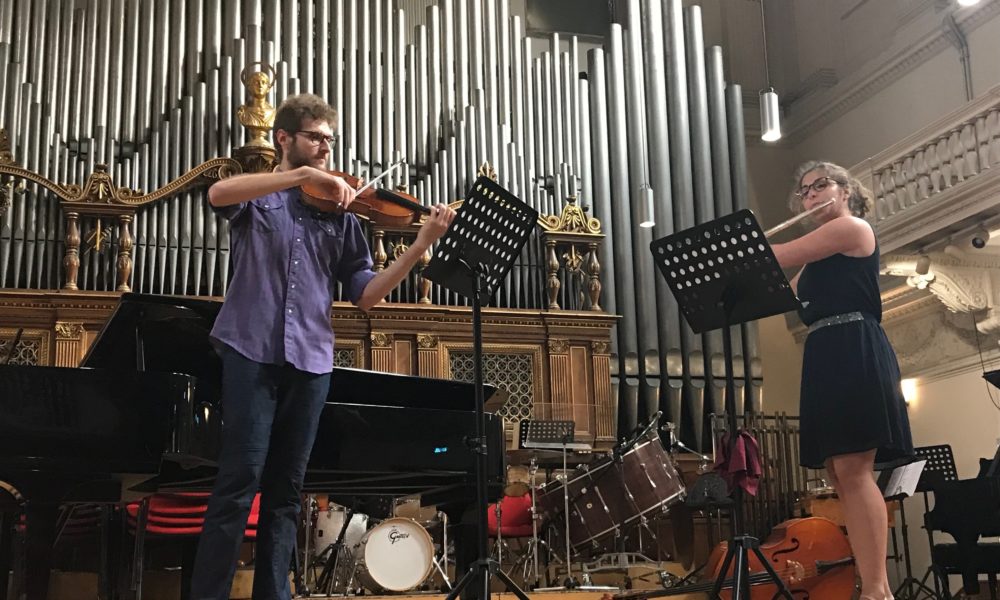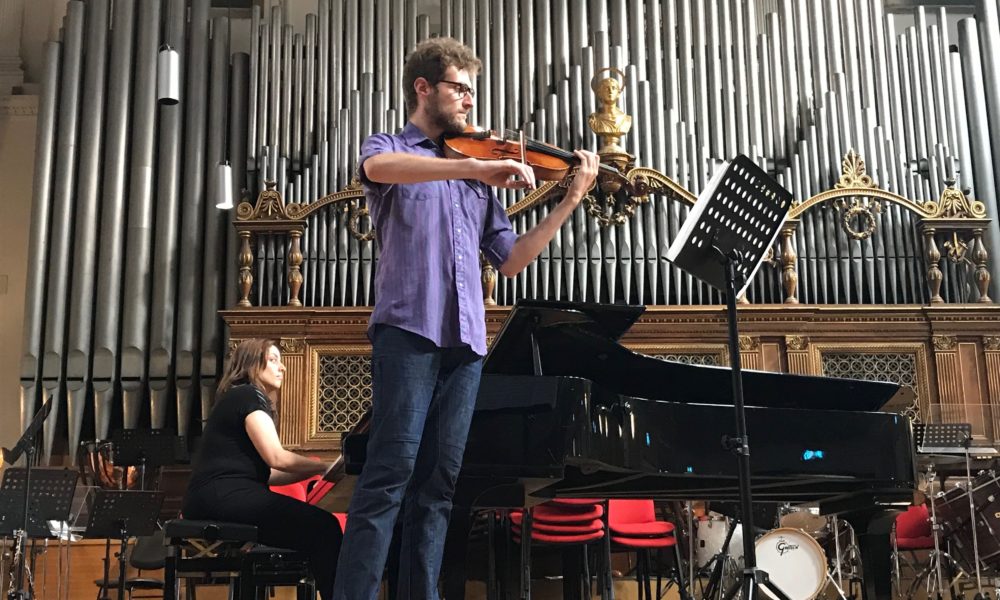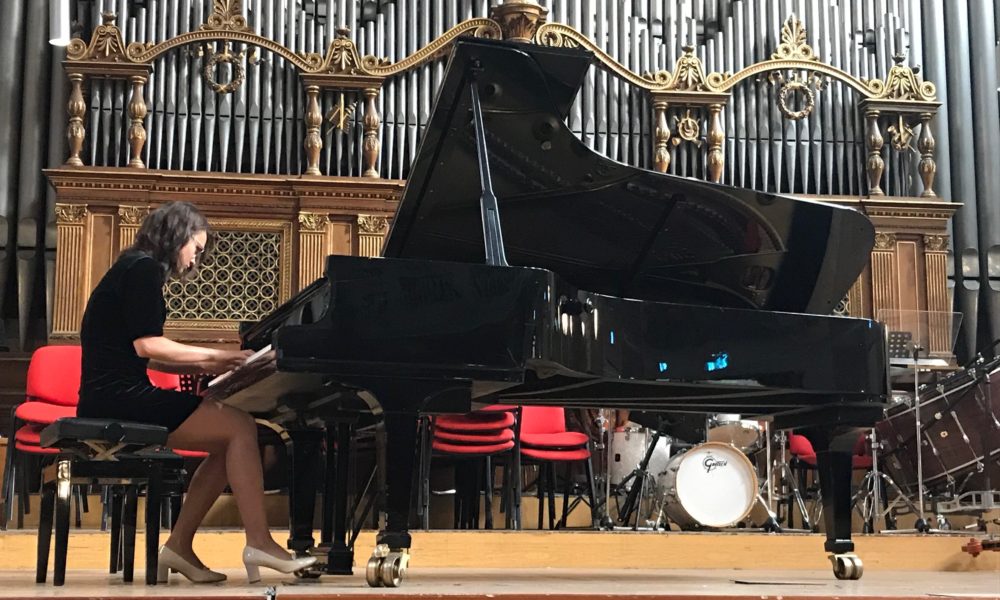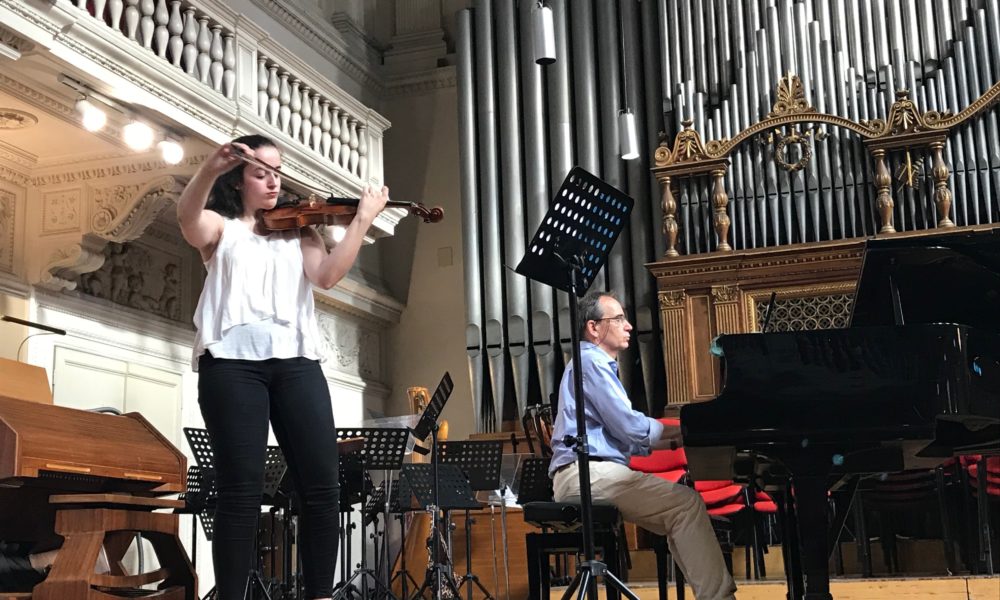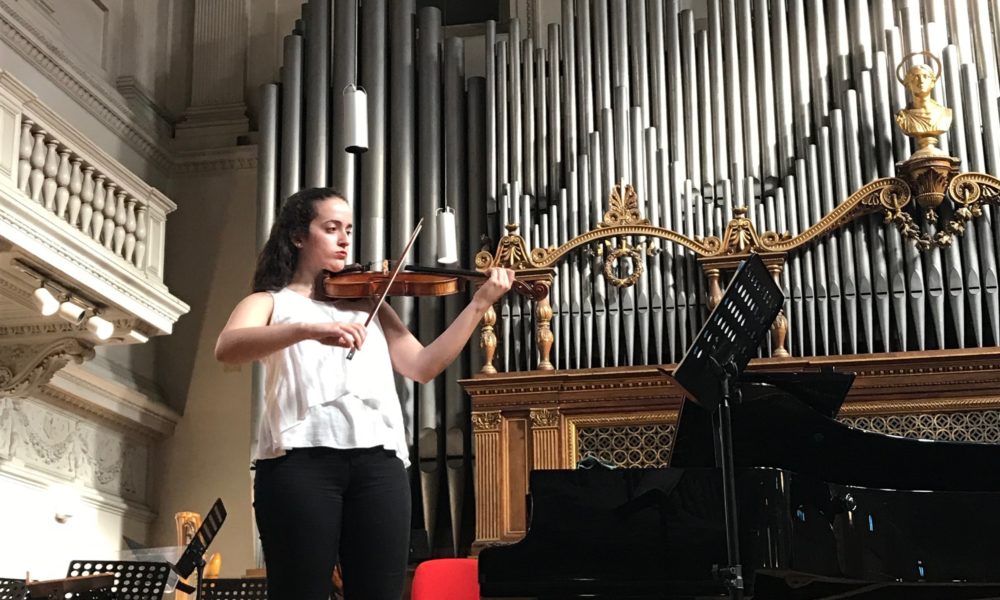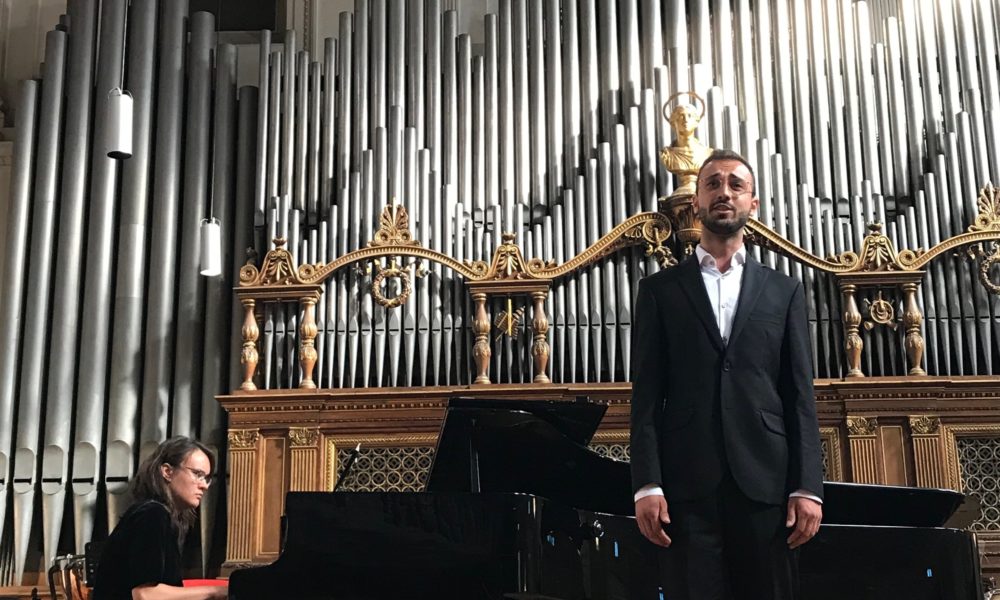CALENDAR 2023_24
1st semester: 1 November – 28 February
2nd semester: 1 March – 30 June
Holidays:
Winter Holidays 22nd December – 6th January;
Spring Break Thursday before Easter- Wednesday after Easter
April 25; May 1; June 29.
DEADLINE 31st of MAY for both semesters
The application has to be sent via electronic format by the IRC (International Relations Coordinator) / Erasmus Coordinator of the sending Institution to:
Prof. Carla Conti
erasmus@conservatoriosantacecilia.it
We require:
student application form
CV in EU format with photo
Links to Youtube/Vimeo or other video storage site of 3 different videos of the candidate (featuring different stiles and composers). For composers: PDF of compositions and/or arrangements/audio/video.
Links should be copied also in the body of the mail.
